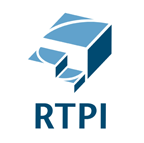
We're first choice for graduate employers... again!
We are the most targeted UK university by top graduate employers (High Fliers report, The Graduate Market 2025). Our graduate stories highlight the achievements of Birmingham alumni and the way their university experience shaped their journey.







